Ash Kalra’s Diwali bill marks milestone for Indian Americans
The signing of AB 268 marks a historic moment for California’s more than one million Indian Americans and the broader South Asian diaspora.
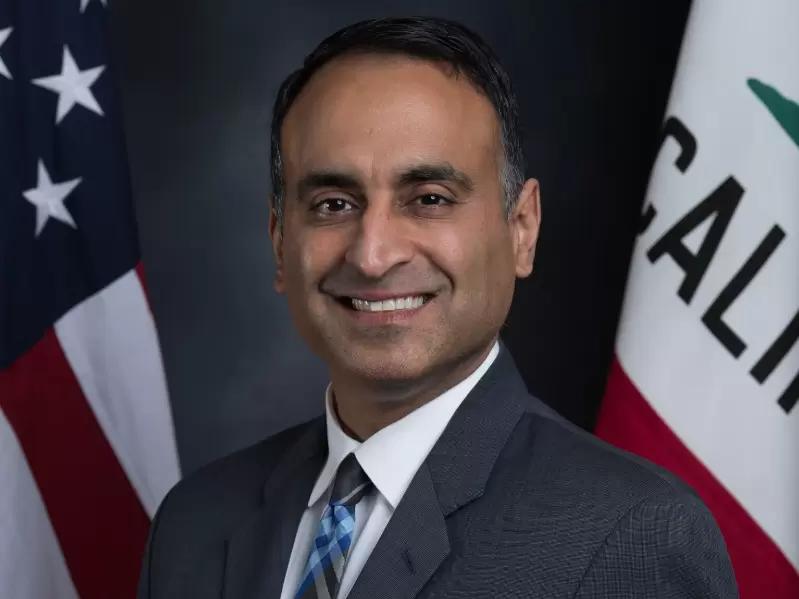 Ash Kalra / Wikipedia
Ash Kalra / Wikipedia
California on Oct. 7 became the third state in the United States to designate Diwali as an official state holiday, after Governor Gavin Newsom signed Assembly Bill 268 (AB 268), recognizing the festival celebrated by Hindus, Sikhs, Jains, and Buddhists as a symbol of light triumphing over darkness.
The signing of AB 268 marks a historic moment for California’s more than one million Indian Americans and the broader South Asian diaspora. Authored by Assemblymember Ash Kalra, the first Indian American elected to the California State Legislature, and co-authored by Assemblymember Darshana Patel, the bill enshrines Diwali as an official state holiday beginning Jan. 1, 2026.
“California is home to the largest population of Indian Americans, and designating Diwali as an official state holiday will uplift its message to the hundreds of thousands of Californians that celebrate and help introduce it to many throughout our diverse state,” said Kalra.
“Diwali brings communities together with the message of goodwill, peace, and a shared sense of renewal. California should embrace Diwali and its diversity, not keep it hidden in darkness,” he said.
ALSO READ: Diwali now a state holiday in California
Governor Newsom’s signature follows overwhelming bipartisan support in the legislature. Under the new law, K-12 schools and community colleges may close in observance of Diwali, and both school and state employees are permitted to take the day off with pay.
The legislation also encourages the State Board of Education to develop model curriculum materials on the cultural and spiritual significance of Diwali, promoting religious understanding and inclusion in classrooms across the state.
“This law makes California’s recognition of Diwali the most robust and inclusive in the country,” the Hindu American Foundation (HAF) said in a statement. “The provisions that allow students to take the day off without repercussion and state employees to take paid leave are important leaps forward in making Diwali truly accessible to those who celebrate.”
HAF, which played a key advocacy role in the bill’s passage, worked closely with Kalra and Patel, providing testimony during legislative hearings and rallying interfaith support.
“We are grateful to Assemblymember Kalra and Assemblymember Patel for their leadership on this initiative,” said Samir Kalra, HAF’s managing director, noting the law “sets a new precedent for the integration of Diwali into the holiday season in California.”
Indiaspora, a national organization representing global Indian leaders, also applauded Governor Newsom’s decision, calling it a “historic moment for Indian Americans.” “This recognition affirms that Indian Americans are not just participants in California’s story—they are woven into the very fabric of its identity,” said Indiaspora founder M.R. Rangaswami. He described the governor’s action as a reflection of “the inclusive vision we need in America today.”
The organization drew a connection between the California milestone and a broader national movement for recognition of Indian festivals. In recent years, Pennsylvania and Connecticut have declared Diwali as state holidays, and New York City closed public schools for the first time to mark the festival.
Community leaders also hailed the moment as a victory for cultural recognition. Silicon Valley entrepreneur and philanthropist Ajay Bhutoria called the legislation “a radiant milestone in California’s journey toward true inclusivity and cultural celebration.” He praised the lawmakers’ “bipartisan collaboration”. He added, “By granting state employees paid time off and empowering schools to observe this sacred day, AB 268 ensures families can fully embrace traditions like lighting diyas, crafting rangoli, and sharing stories of renewal—without the shadows of work or deadlines.”
For Assemblymember Patel, the legislation reflects “California’s commitment to inclusivity, honouring the rich cultural heritage of millions of Californians while lighting the way toward a brighter, more united future for all.”
Diwali, celebrated over five days, is often marked by lighting oil lamps, decorating homes, and exchanging sweets and gifts. For Hindus, it symbolizes the triumph of good over evil and light over darkness; for Sikhs, Buddhists, and Jains, it carries parallel themes of enlightenment, liberation, and renewal.
Kalra, who represents San José in the State Assembly, has introduced resolutions recognizing Diwali for eight consecutive years before pursuing permanent recognition through AB 268. “For the first time, California is poised to recognize Diwali in state law officially,” he said before the governor’s signature, calling it “an enduring triumph of light over darkness and a much-needed message of hope.”
With this step, California joins a growing number of U.S. jurisdictions that recognize Diwali as a civic and cultural event. For many Indian Americans, the law carries symbolic weight beyond the calendar—it stands as a formal acknowledgement of a community’s contributions to America’s social and economic fabric.
“Today marks more than a holiday,” Bhutoria said. “It’s a powerful affirmation of the Indian diaspora’s enduring legacy in the Golden State.”
ADVERTISEMENT
ADVERTISEMENT
E Paper
Video




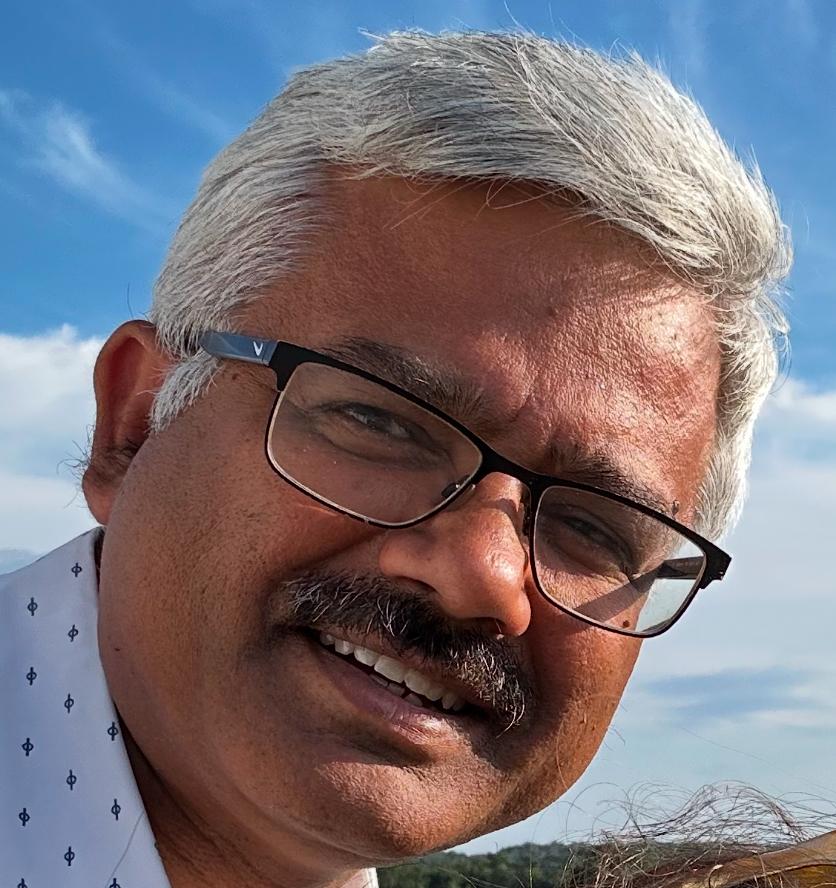 Lalit K Jha (IANS)
Lalit K Jha (IANS)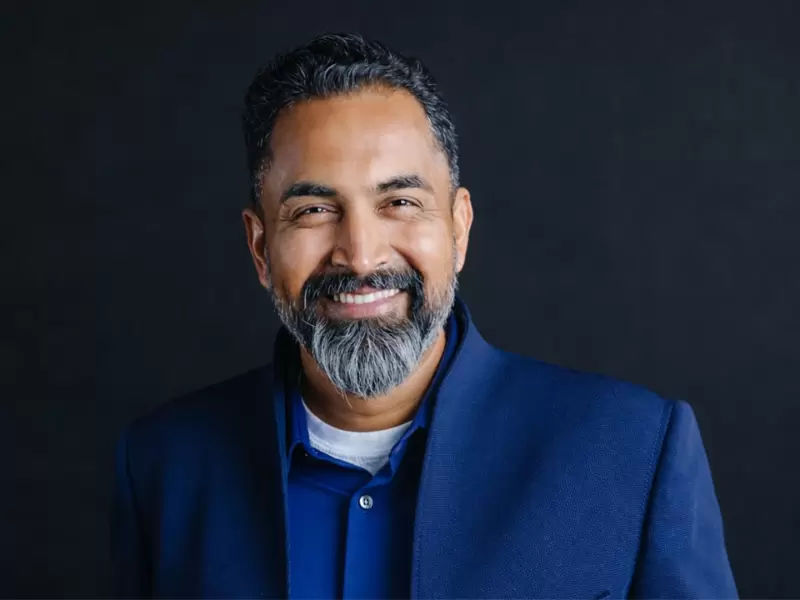
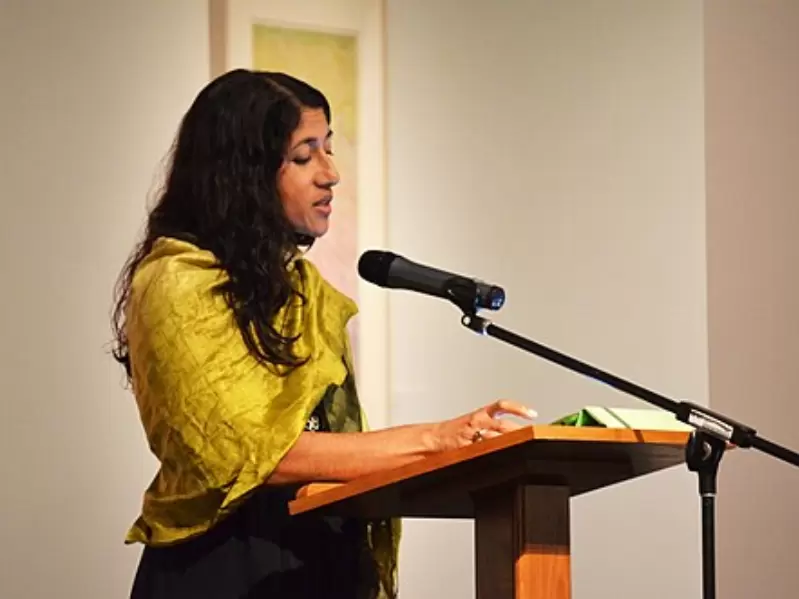

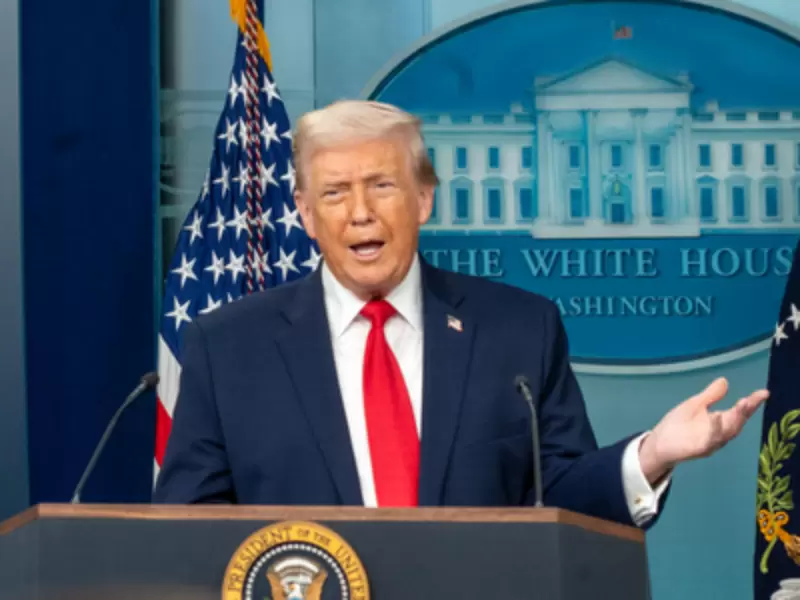
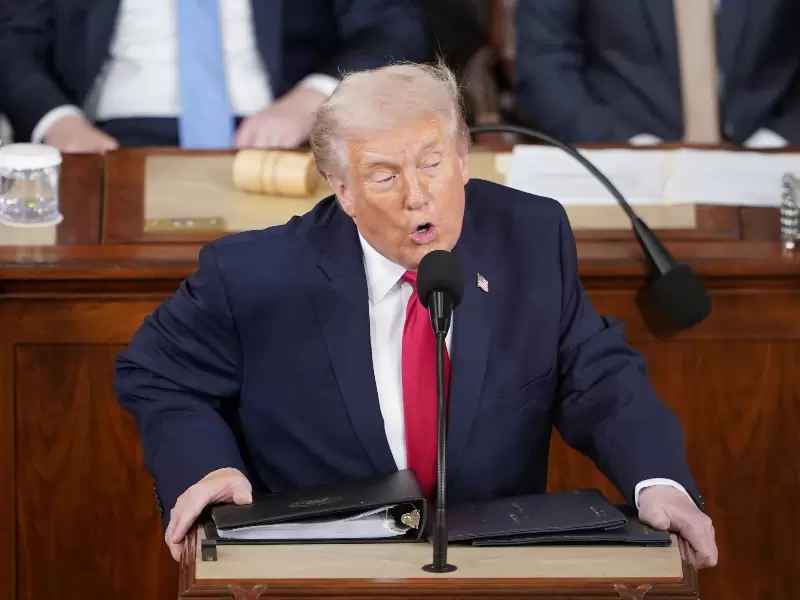
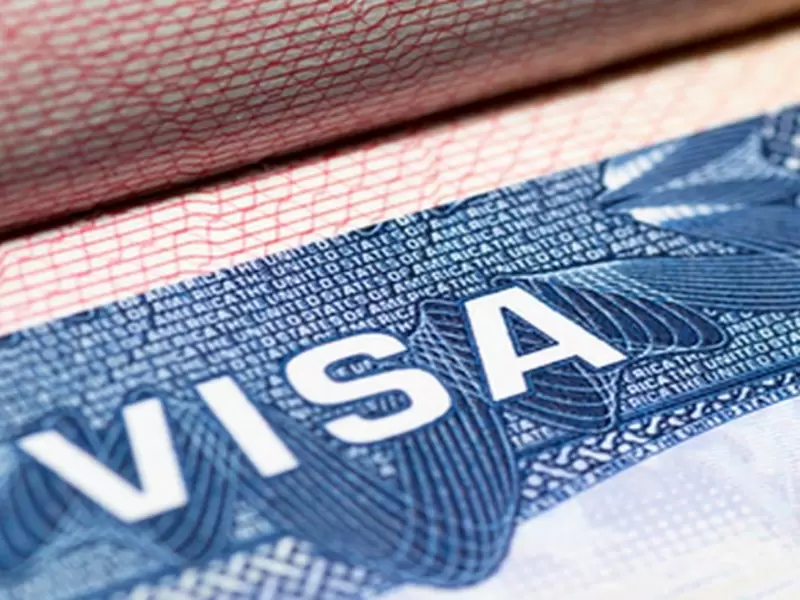
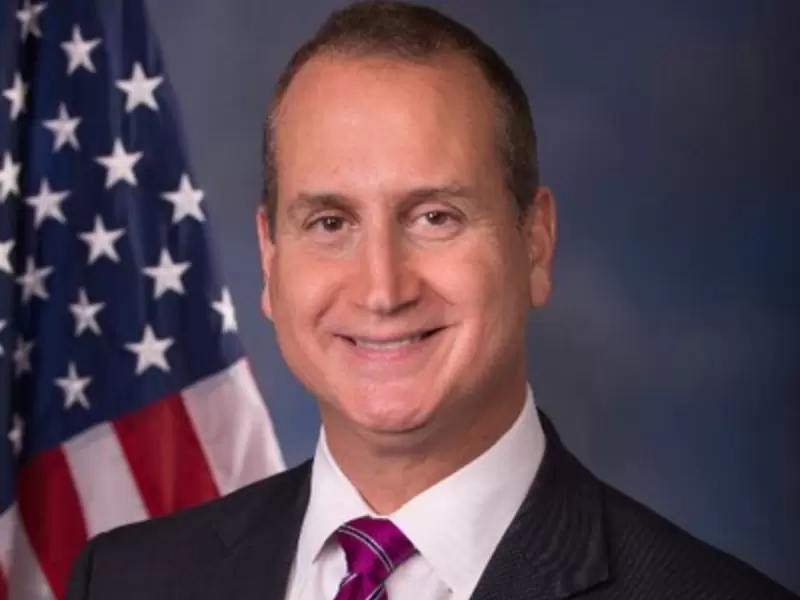
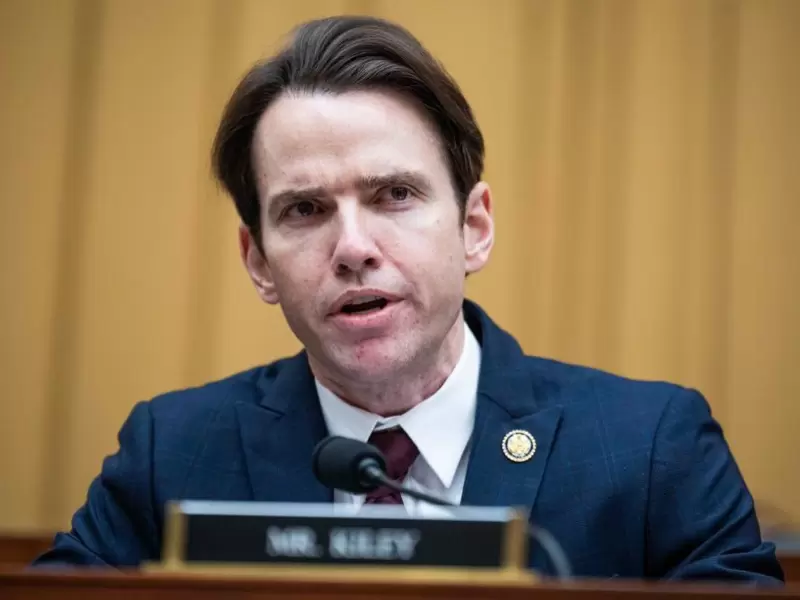
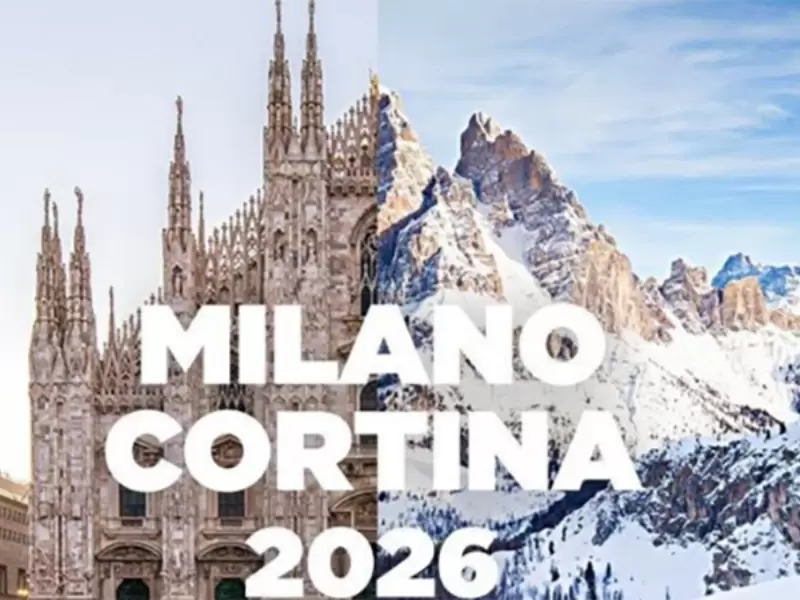
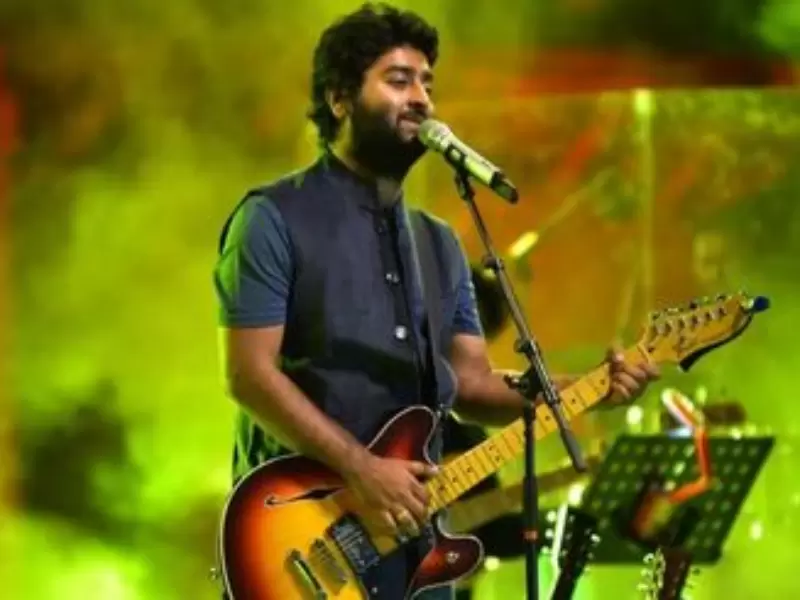
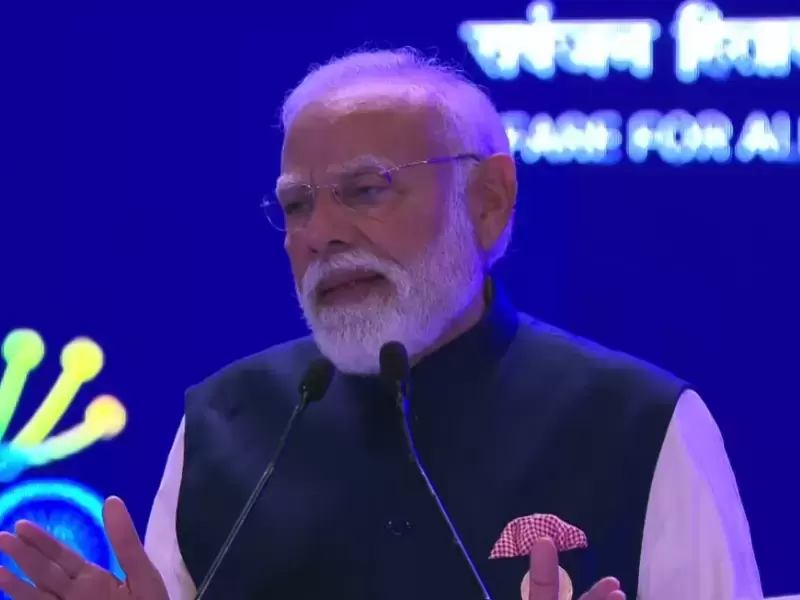



Comments
Start the conversation
Become a member of New India Abroad to start commenting.
Sign Up Now
Already have an account? Login